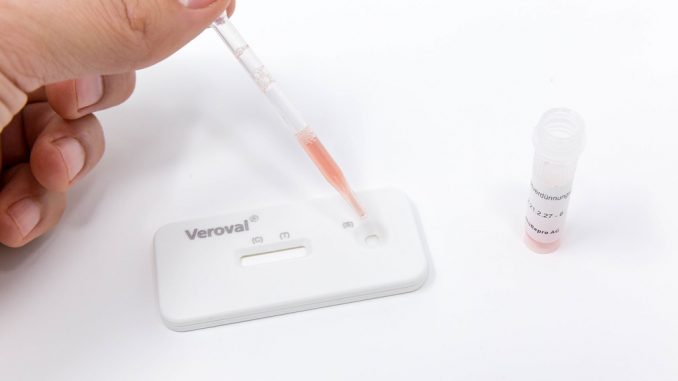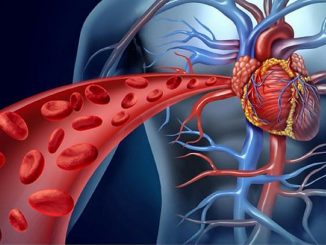
Genetic tests are being increasingly used in our times. More and more people are currently diagnosed with gluten intolerance, also called celiac disease. It is estimated that this condition affects a person in 200, worldwide. Fortunately, genetic tests can help us detect it in time.
In the case of those suffering from celiac disease, consumption of wheat, rye, barley and oats or gluten grains, destroys the intestinal mucosa and leads to incomplete assimilation of nutrients in the food we consume. Chronic diarrhea, abdominal pain and constipation may indicate celiac disease. But the condition also has atypical signs such as prolonged fatigue, anemia, dermatitis, menstrual complications and stomatitis. Celiac disease appears on a genetic background, and genetic tests usually allow the predisposition to be detected.
Here’s how genetic testing reveals gluten intolerance
There are some situations where certain tests are indicated. In families with a history of celiac disease, the testing of other members, with or without symptoms, is extremely necessary in order to exclude or confirm the presence of genetic predisposition for celiac disease, as genetic predisposition is a required factor for the onset of the disease. Without the genetic predisposing factor, it is impossible to develop the disease in the future, according to specialists.
Doctors also recommend parents to do genetic tests for babies coming from families with a history of celiac disease. The testing should be done before diet diversification begins. The main advantage of doing a genetic test is that it is not influenced by diet. The other tests needed to diagnose celiac disease can not be interpreted if a person only consumes gluten-free food. After following a gluten-free diet for a period of 6 months, the serological parameters and the intestinal mucosa usually become normalized, so you would no longer have the diagnostic means if these tests have not been performed previously. In these situations, the only test that can guide our diagnosis remains the genetic test, according to genetic specialists.
Complications can be serious
The genetic test for Celiac Disease is non-invasive, and involves the collection of a small amount of blood. The test is only made once in a lifetime. In the western European countries, this analysis is included in the list of insurance companies – and in Spain, for example, it is the most sought after genetic investigation across the country. Untreated celiac disease can lead to severe long-term complications such as malnutrition, autoimmune diseases of the liver, peripheral neuropathy, and even malignant intestinal tumors. The gluten free diet is the only available and effective therapy that leads to the normalization of serological parameters and to a complete remission of the clinical signs. Celiac disease is more common in women than in men, Also, the risk of celiac disease is higher in people suffering from other conditions such as type 1 diabetes, autoimmune thyroiditis, autoimmune hepatitis, Down syndrome, Williams syndrome and Turner syndrome.



Leave a Reply